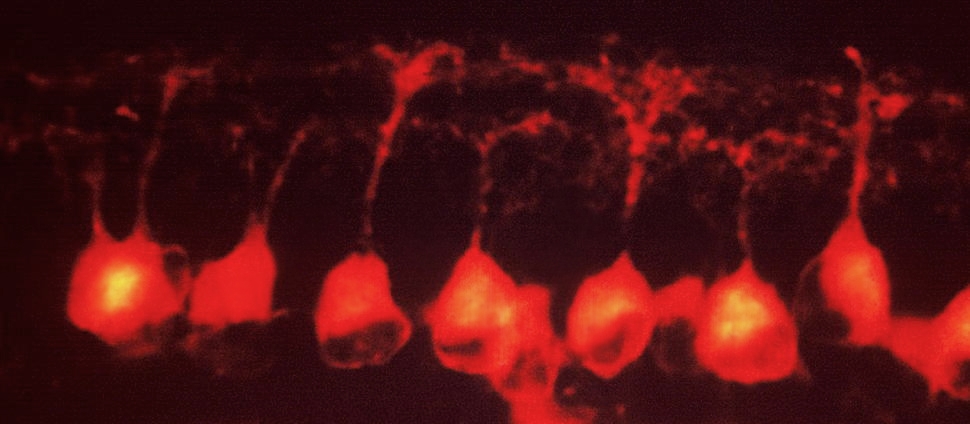Document Type
Article
Publication Date
8-2023
Publication Title
Child Abuse & Neglect
Abstract
Background
Despite the high prevalence of childhood adversity and well-documented associations with poor academic achievement and psychopathology, effective, scalable interventions remain largely unavailable. Existing interventions targeting growth mindset—the belief that personal characteristics are malleable—have been shown to improve academic achievement and symptoms of psychopathology in youth.
Objective
The present study examines growth mindset as a potential modifiable mechanism underlying the associations of two dimensions of childhood adversity—threat and deprivation—with academic achievement and internalizing psychopathology. Participants and setting Participants were 408 youth aged 10–18 years drawn from one timepoint of two longitudinal studies of community-based samples recruited to have diverse experiences of childhood adversity.
Method
Experiences of threat and deprivation were assessed using a multi-informant, multi-method approach. Youth reported on growth mindset of intelligence and symptoms of anxiety and depression. Parents provided information about youths' academic performance.
Results
Both threat and deprivation were independently associated with lower growth mindset, but when accounting for co-occurring adversities, only the association between threat and lower growth mindset remained significant. Lower growth mindset was associated with worse academic performance and greater symptoms of both anxiety and depression. Finally, there was a significant indirect effect of experiences of threat on both lower academic performance and greater symptoms of anxiety through lower growth mindset.
Conclusions
Findings suggest that growth mindset could be a promising target for efforts aimed at mitigating the impact of childhood adversity on academic achievement and psychopathology given the efficacy of existing brief, scalable growth mindset interventions.
Keywords
Growth mindset, Childhood adversity, Deprivation, Threat, Academic achievement, Internalizing symptoms
Volume
142
Creative Commons License

This work is licensed under a Creative Commons Attribution 4.0 International License.
Rights
Licensed to Smith College and distributed CC-BY 4.0 under the Smith College Faculty Open Access Policy
Version
Author's Accepted Manuscript
Recommended Citation
Lurie, Lucy A.; Hangen, Emily J.; Rosen, Maya L.; Crosnoe, Robert; and McLaughlin, Katie A., "Reduced Growth Mindset as a Mechanism Linking Childhood Trauma with Academic Performance and Internalizing Psychopathology" (2023). Neuroscience: Faculty Publications, Smith College, Northampton, MA.
https://scholarworks.smith.edu/nsc_facpubs/154


